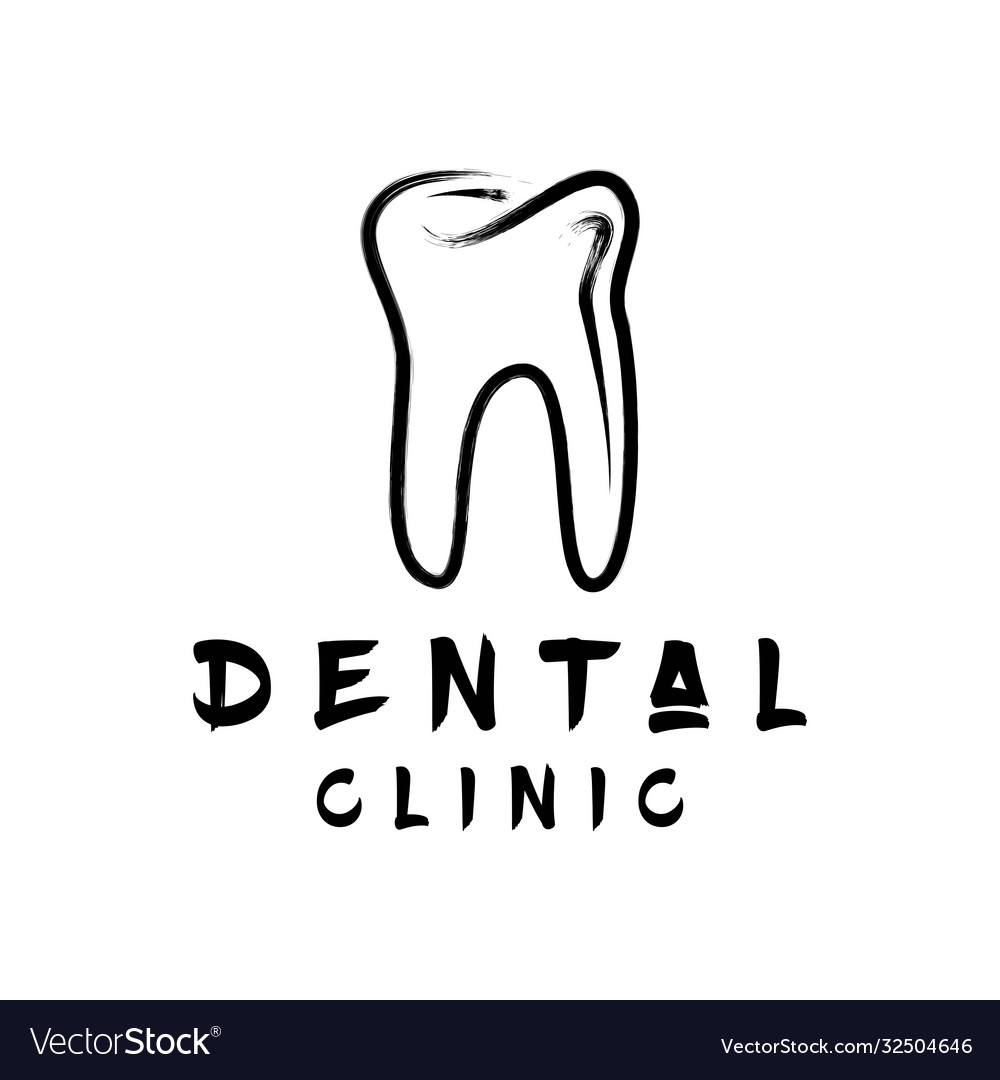Dental care is a vital part of overall health. It helps prevent serious diseases such as heart disease and diabetes.
Dental clinics provide basic and urgent dental services for free or at low cost. These services include exams, x-rays, teeth cleaning and fillings.
1. Schedule Your Appointment
Whether you have dental insurance or not, a trip to the Robina Dental is a big investment in your health. The good news is that many dental care clinics offer high-quality treatment for a low price, or even free.
The University of Oklahoma College of Dentistry faculty practice clinic is a great example. This type of clinic is staffed by a team of supervised students, and they are able to perform dental procedures that would be too costly for your average office visit.
This is the place to be if you are in need of the best oral health care for your family. You’ll find everything from regular checkups to more extensive treatments such as extractions, bridges and dentures. You will also be greeted by friendly staff that are happy to answer any of your questions about how to improve your oral health. There are also a variety of dental health programs available to you through your state and local health departments.
2. Preparation for Your Appointment
Whether you are visiting for a routine checkup and cleaning or to undergo a more extensive dental procedure, it is crucial to prepare yourself for your appointment. This will help you get the most out of your visit and ensure that everything goes smoothly!
Taking the time to prepare yourself will make the entire process less stressful and less painful. The preparation could even help you feel better during your appointment!
It is important to wash your mouth thoroughly before undergoing any dental procedure. This will prevent the dentist from having to deal with any germs that may be present in your mouth.
In addition, it is also a good idea to avoid eating anything prior to your appointment. This will keep your mouth sanitized and prevent food debris from lodging in your teeth, which can be irritating to your dentist during a regular cleaning.
It is also essential to arrive early for your appointment. This will allow you to avoid having your appointment pushed back or cancelled. This will save you from inconveniences and help the dentist handle his or her busy schedule more efficiently.
3. During Your Appointment
A visit to the dentist can be a scary thing. Whether you’re nervous about the process, are worried about what might happen, or just have fears of dentists and doctors, there are things you can do to help make your experience less stressful.
First, you should plan enough time to get there. This will help you feel more comfortable and not rushed.
During your appointment, you will meet with a student provider for a thorough examination and consultation. They will review your medical and dental history, take digital x-rays, and discuss treatment needs and options with you.
You should also bring your insurance card to your first visit. This will ensure your insurance coverage and reduce your out-of-pocket costs.
You should also bring a list of your medications, including dosages and when you last took them. This information is important because some medical conditions may interfere with safe dental care.
4. After Your Appointment
Once you’ve arrived at the clinic, a member of our team will review your medical and dental history. They’ll take digital x-rays and discuss your oral health with you.
Your exam will be more thorough than you might expect in a normal dental office. The dentist or hygienist will assess your teeth and gums and will give you advice on how to improve your oral hygiene habits.
You will also receive a general review of treatment options, which can include a cleaning and/or fillings. If a cleaning is recommended, it may be completed during your appointment or after the doctor ensures that it’s the best course of action for your particular oral health.
If you have a current medical condition that may interfere with the provision of safe dental care, please let the doctor know and bring a consult form from your physician. Failure to do so may result in the denial of treatment.




